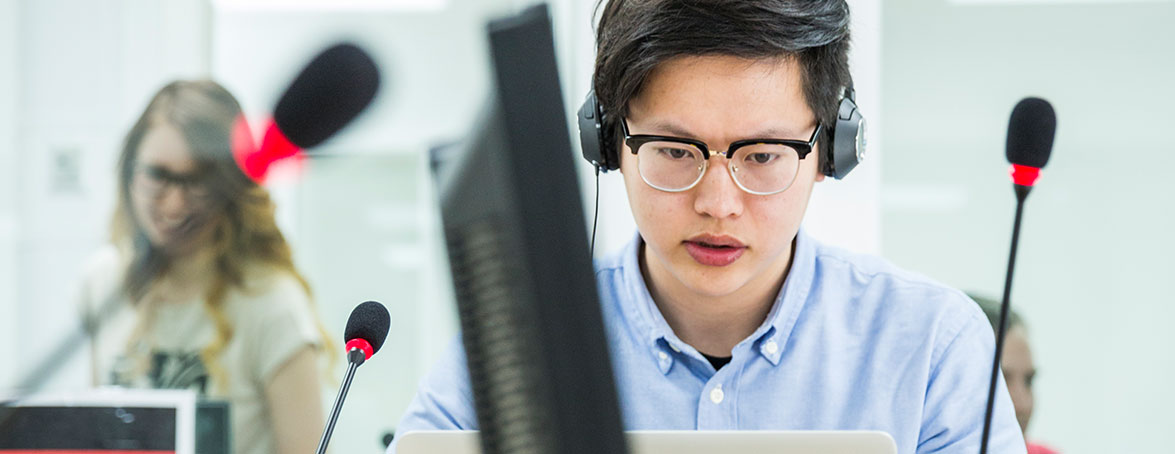
Case Studies
Big Data dragons Den


The Management School is conducting a study into the issues students face in applying for internships to find out how we can do more to help them secure the positions they need. The aim of the project is to help third year undergraduates as they transition into their final year, as well as assisting their transition into employment after graduation.
For more: take a look at our video to hear a students’ perspective on the challenges of securing an internship.
Working in teams of up to four people, the 2017 hackathon focused on solving a particular problem in an innovative way. Stirhack is a great opportunity to spend time working with other enthusiasts and learn from each other – and is an excellent insight into becoming a professional programmer. The project work can also be a helpful addition to students’ CVs.
For more: see the information on the right-hand side.
These projects are usually three months long, running throughout the summer months, and can be carried out across a range of sectors. They are solution focused and address real needs within an organisation. Students can either be based at the company site or at the University.
This programme helps students gain valuable skills and experience in a real-life situation, while building their confidence. The connections and experience that students build up can be invaluable for finding work after graduation.
For more: see the information on the right-hand side.

We also make sure that new postgraduate students have plenty of both academic and personal support. For example, students are teamed with two academic supervisors, a tutor, and a peer mentor – usually a PhD student in their second or third year. There is also a postgraduate representative who provides a voice for all PhD students, and the Postgraduate Society has been set up by postgraduate students so that they can socialise together. All of this helps makes sure postgraduate students are supported right from the very start.
For more: see the information on the right-hand side.
Students are increasingly using social media and constructing their identity online. There is a growing expectation among employers that staff will be able to act professionally online and use social media tools such as blog posts, or tweets to discuss their work or present issues. The Scottish Social Services Council has very strict codes of conduct regarding the use of social media and there are numerous examples of social workers being ‘struck off’ their register for its inappropriate use. The new OER tools provides students with guidance and examples of professional best practice in the use of online tools and social media in preparation for their future careers.
For more: see the information on the right-hand side.

Talking Mats uses unique, specially designed picture communication symbols to help students communicate effectively. The learning mat is used with visual topic cards to help students consider, reflect on and discuss their experiences.
We’ve produced a series of short talking heads with Elaine Watson, Employability and Skills Officer, Faculty of Arts and Humanities, to show the thinking behind this tool.
For more: see the information on the right-hand side.

The need for belonging is considered essential for students to do well and feel motivated. We’ve set out several innovative approaches to help instil a sense of belonging in these students – so they feel connected, comfortable and motivated.
For more: see the information on the right-hand side.

Members of the club will have the chance to work on exciting projects covering areas including Kinect development, mobile application development and web application development. They will enjoy access to our equipment library and comprehensive programming resources.
For more: see the information on the right-hand side.